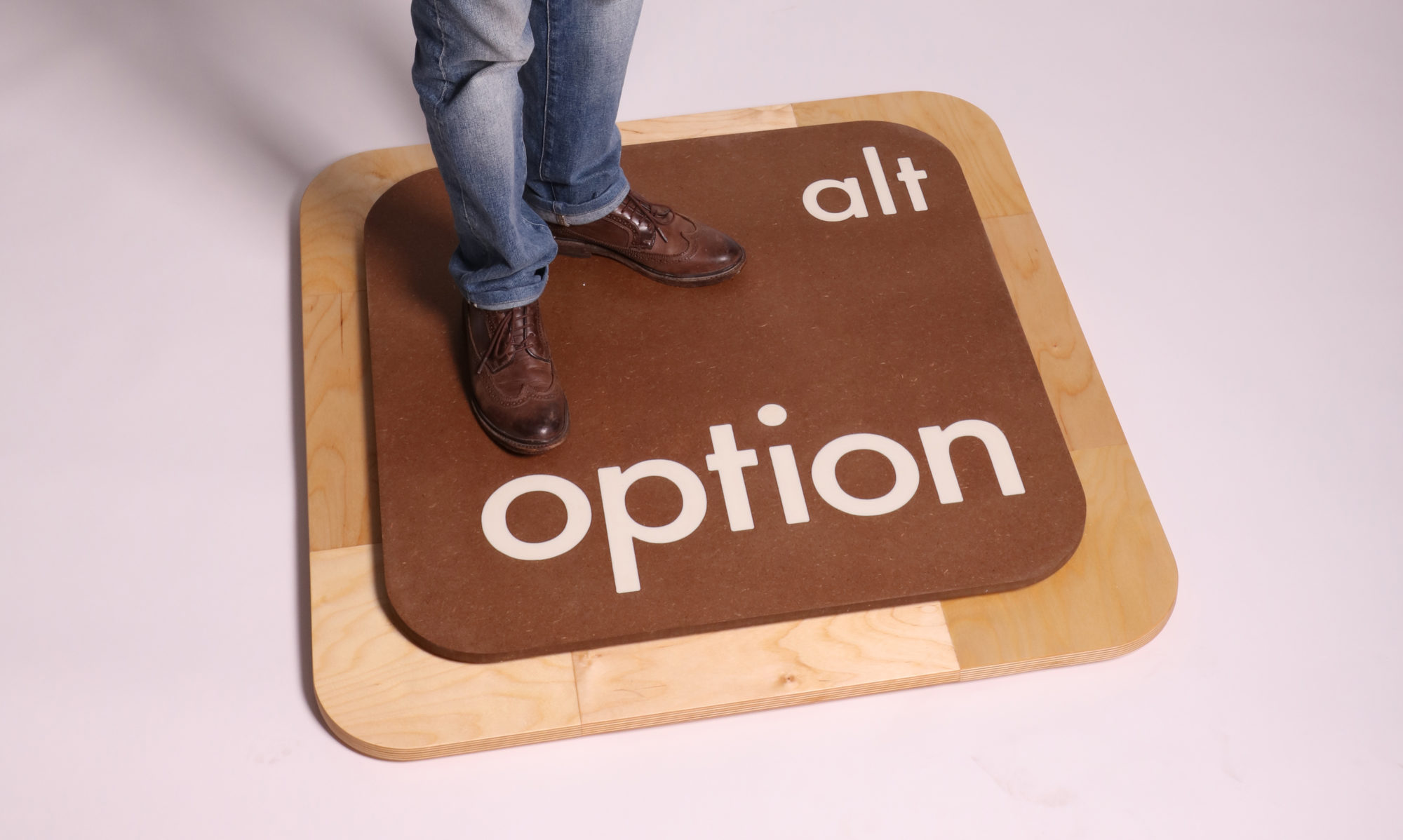- What learning games have you played? Can you categorize them by the theory of learning types: behaviorism, constructivism, or social nature? If you played more than one, which was the most effective?
The only real learning game I played was Kahoot!, which would fall under social learning since it relies on competition and interaction. It works because it makes even boring topics feel more engaging, but it’s not exactly deep learning—it’s more about quick recall than actually understanding a subject. - Is gamification bullshit? What is Ian Bogost’s argument and do you agree? Where have you encountered it outside of class and what was your experience?
Bogost argues that gamification is just a shallow way to keep people engaged without actually making something fun. I mostly agree—things like streaks, points, and badges are everywhere, from fitness apps to customer rewards programs, but they don’t actually make something better, just more addictive. Duolingo is a good example—at some point, keeping the streak matters more than actually learning. - What is a serious game and why aren’t they chocolate-covered broccoli?
Serious games are meant to teach something, but they actually try to be fun rather than just disguising education as a game. “Chocolate-covered broccoli” refers to games that force learning into a boring experience and hope people won’t notice. Good serious games, like Papers, Please, make the learning part of the actual gameplay instead of something tacked on.
One Reply to “Late Week 4 Response | Dillon DeSantis”
Comments are closed.

I didn’t even think about Kahoot! I agree that it is pretty effective in making it more engaging; however, if it is with a subject that you are really bad at, it can also just become a guessing game, or the opposite if you are really good – who can click the answer the fastest. I think in the right scenarios, Kahoot is more effective